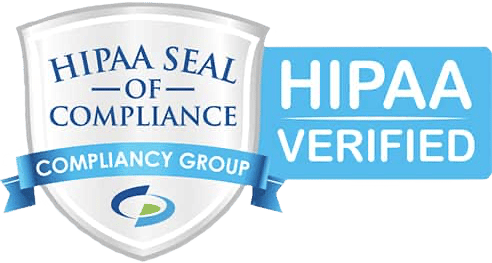No matter the industry or size of an organization, it’s all too easy for business owners to get bogged down in the minutiae of things best left to the experts. Face it, a lot is going on in the workplace today, and each new activity brings its own list of distractions. Focus is a requirement for those who want to run profitable businesses.
Compliance is a great example. The increasing labyrinth of government regulations and industry rules are complicating the lives of your customers, distracting management teams and their employees from their primary responsibilities, and adding undue stress for everyone involved. As if SMBs didn’t have enough problems keeping their doors open and the lights on.
Compliance is the perfect door opener for cybersecurity experts. With solid organizational and technical skills and a little preparation with the right tools, MSPs can save their customers from sweating through the details of new rules and regulations ‒ and the sleepless nights associated with those responsibilities. When you can step in to handle the heavy lifting associated with compliance, those clients will be forever grateful ‒ a step forward in the account retention plan.
Cybersecurity and policy development-related skills are also valued business differentiators. Compliance expertise can make or break deals with prospects in heavily regulated industries, or sway those forced to meet less-restrictive but still critical rules and regulations. Developing a solid reputation in this space provides invaluable benefits for your business, as well as for the organizations who will inevitably rely on that expertise to minimize their legal, financial, and personal risks.
Simplify and Strengthen
Compliance doesn’t have to be hard. With a little time and the right focus and tools, virtually any MSP can identify and master the core fundamentals of regulations that apply to their specific target markets. Close attention and careful planning are crucial when developing cybersecurity standards and solutions to ensure your clients can meet the latest requirements with the least amount of labor (and anxiety).
The last point is key. Like any area of expertise, the more you know about data/ privacy rules and regulations, the easier it will be to create highly effective cybersecurity practices for a wide variety of industries. Knowledge will save you and your clients valuable time and a fair amount of frustration as you introduce new processes and attempt to break old habits.
When you speak with authority on topics such as compliance, your clients and their end users are more likely to listen and follow your directions. Don’t underestimate the value of experience, knowledge, and skills with complex issues like cybersecurity and government/industry standards.
Create a More Dynamic Compliance Practice
Going from good to great, no matter the area of your life, usually begins with a plan, and elevating your compliance expertise ‒ and the associated revenue opportunities ‒ is no different. The great news is you don’t need an advanced degree in cybersecurity to support your clients’ needs in this space.
As with any IT-related specialization, the first step is to learn as much as possible about their businesses, including target audiences, data collection and retention methods, and systems access processes. That information allows your team to discover vulnerabilities and map out potential improvements. Of course, before making any recommendations, they must understand which particular rules and regulations apply to each business.
While there are no shortcuts for gaining that knowledge and expertise, MSPs who focus on the following activities usually find it a bit easier to keep up with the ever-shifting compliance landscape:
1. Master IT industry standards
While your clients may get stumped by compliance issues, there are commonalities between all the rules and regulations that simplify the options for security professionals. MSPs who embrace IT industry cybersecurity standards and credentials understand the underlying premise of the latest requirements and guidelines, and they are typically well prepared to address all those changes.
For example, the NIST framework provides commonly accepted and validated IT security guidelines that MSPs can follow to ensure their clients’ information systems are well protected. Since this standard is the foundation of many data privacy and protection rules and regulations, providers who master the details will be prepared to handle a variety of industry compliance concerns. Other valuable educational options include CompTIA’s Cybersecurity Channel Standards, Certified Information Systems Security Professional (CISSP) and Certified Information Security Manager (CISM) training, CompTIA’s Cybersecurity Trustmark+.
2. Watch the radar
As an MSP, businesses pay your team to be proactive. Part of that responsibility is researching proposed rules and regulations that could potentially affect your clients if implemented. Keep apprised of industry cybersecurity news and review state and local legislative proposals regularly. Subscribe to the same trade journals as clients and prospects to get the latest insight and talk to vendor representatives and peers about current and future compliance concerns. That information will help you better prepare yourselves and your clients for what comes next.
3. Review and test frequently
True professionals never take anything for granted. The minute you walk away from a client site, things start changing, and there are no guarantees that end users will follow through on their commitments. MSPs who frequently review, test, and challenge their own processes and systems improve their cybersecurity proficiencies and status. Action breeds aptitude and increases your value to the SMB community.

